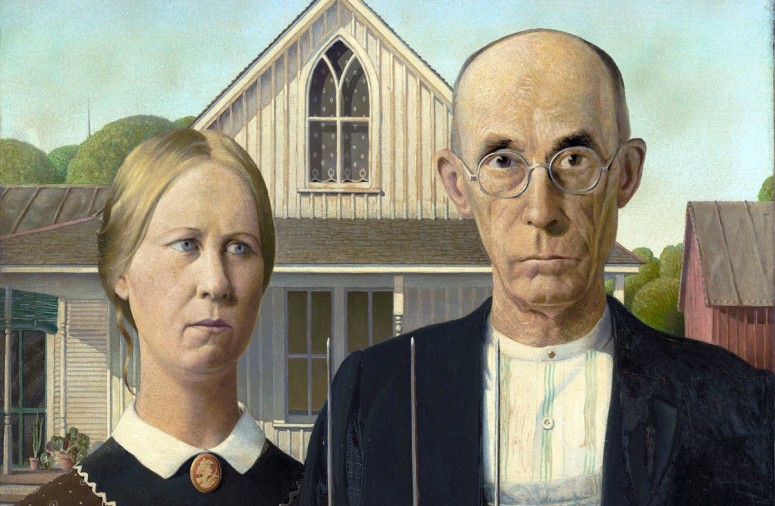
Many years ago, I started a habit of writing regular gratitude letters to people who helped me, changed my perspective, or did something nice for me or my family. I even started writing letters to mentors from my past, authors of books that I admired, directors of movies I liked, musicians whose music I enjoyed.
To this day, I continue to write gratitude letters for the following reasons:
- Gratitude letters force us to feel grateful. That’s important because gratitude is the the number one way to increase our happiness, satisfaction, and fulfillment in life. It’s science, no joke.
- Gratitude letters spread joy. When people feel good about themselves, they are nicer to others and feel better about themselves. So if you want to make the world a better place for yourself and others, gratitude letters are an easy way to spread joy and increase kindness.
- Gratitude letters force you to write in different ways. I’ve written books, long-form articles, business reports, blogs, video scripts, and everything in between. But to this day, gratitude letters are some of the most challenging things for me to write, simply because they demand genuine thoughts and feelings. This makes me a better writer I believe.
Don’t know where to start? Consider this approach: “Close your eyes and think of someone who did something important for you that changed your life in a good direction but who you never properly thanked. It could be that you’re really grateful to a teacher who inspired your love of acting and who persuaded you to try for drama school when everyone else was dead set against it. Maybe you’d like to thank your boss or a colleague for helping you with a particularly tricky project at work. Or perhaps you choose to write a friend who helped you through a tough time… Describe specifically what they did and what influence it had on you. Let them know what you are doing now, and mention how you often remember what she did.”
Although I’d say a large portion of my gratitude letters go unanswered, that’s not why I write them. But it’s a sweet experience when I do get an answer. One famous writer wrote me eight months later saying he kept my email at the top of his inbox to remind himself that he was a good writer. Another director from Los Angeles wrote back and invited me to lunch the next time I was in town. The college professor that inspired me to become a writer replied saying he had no idea and that my email was a good reminder to him that we never know how our efforts touch the lives of others.
Moral of the story: people are amazing and writing gratitude letters is good for everyone.

Credit: Blake Snow
My wife and I believe the world is inherently good and we want to indoctrinate our children to think the same. Not by ignoring society’s seedy underbelly. But with measurable evidence such as this that overwhelmingly proves the world is getting better and better.
To that end, my wife shared the following quote with our children and I over breakfast recently: “Feed your faith and your fear will starve.” In other words, people who are afraid are usually consumed by doubt.
But in my experience, we can replace that fear and doubt with hope and love by doing the following: Continue reading…

I’m quick to extol the benefits of expressed gratitude. Not only is it scientifically proven to make us happier, it can be super easy to do—if you get in the habit, that is.
Take thank you letters for example. All you have to do is think of someone who has blessed, supported, buoyed, transformed, changed, or even saved your life. Then visit them, call them, or write them to express your gratitude for helping you. (For more tips, click here)
I like to take this a step further, however. Eventually you might run out of people to thank. What can you do then? Thank them again for their continued support. Then again and again. When that gets awkward, I move to the next best thing. Continue reading…

Grant Wood/Wikimedia Commons
As a leading psychologist, Shawn Achor has spent two decades studying happiness. His bona fides include award-winning researcher and teacher at Harvard, best-selling author on positivity, and popular TED lecturer.
So when he speaks you should listen. For instance, Achor asserts our circumstances — including age, race, gender, social status, and wealth — only account for 10% of our happiness. The rest is determined by our genetic baseline for happiness (i.e. optimist vs pessimist) and our individual intentions, including the way we spend our time and the things we ponder.
Obviously, happiness means different things to different people. But there are plenty of standardized things we can do to boost our chances of finding it. Somethings such as knowing oneself, learning how to forgive, and balancing the personal, professional, and social demands on our time can be life-long pursuits.
But other happiness-building attributes are quite easy, Achor argues. In order from least difficult to most difficult, they are as follows: Continue reading…
- Full head of hair. To all my bros (and any women) out there with thinning, balding, receding, or otherwise missing hair, I sympathize with you. I don’t know what it would be like without follicles. I imagine it’s drafty and uncomfortable. I’m grateful for a full coiffure.
- A titanium back. Six months ago, I had my lower back fused. Although my participation in high-impact activities involving running, jumping, and extreme bending have been cut short by two thirds a lifetime, I’m grateful for the $26,000 titanium rods, screws, and spacer that keep me upright and mobile now. With a new lease on life, I feel great. Continue reading…
Originally published December 19, 2006.
Here’s stating the obvious: Most employee appreciation bonuses are lousy, exposing how cheap corporate America can be. Take for example my good friend Matt and his wife Susan. Both are honest working individuals that are extremely kind to those they come in contact with and extremely loyal to the companies they work for. Susan has worked close to 10 years for a local manufacturer. What did she get after working five years for the company? A small shelf clock. And Matt, having worked at a local credit union for five years, got a whopping $50 bonus for his tenure. Nothing says “we care” and “the biggest asset to our company is our employees” quite like skimping when it counts. That’s not to say Susan’s or Matt’s employers are shmoes, just that they suck when it comes to appreciation bonuses.
Continue reading…





 To help my brain
To help my brain